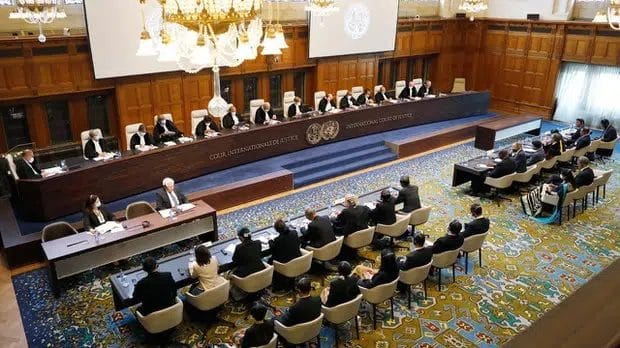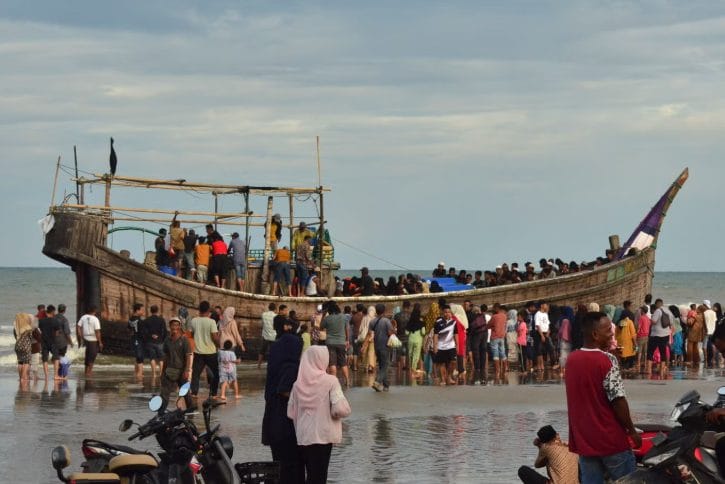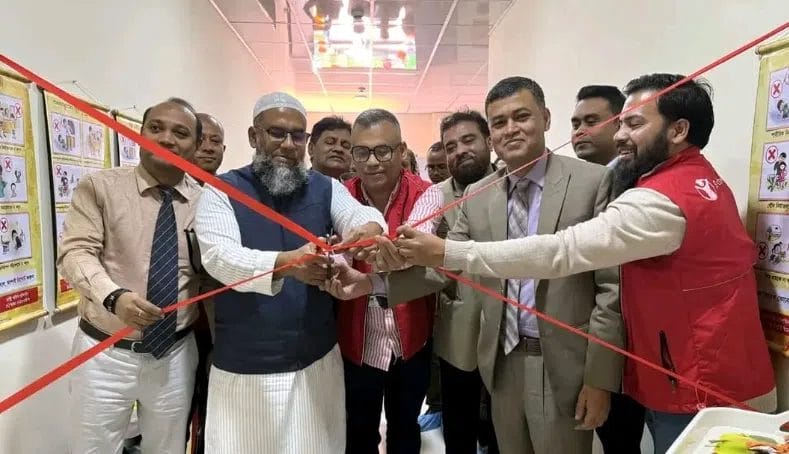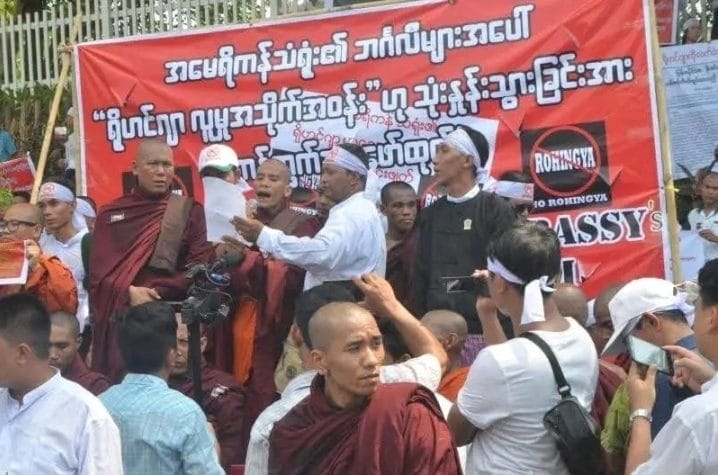Arakan News Agency
The Interim Prime Minister of Bangladesh, Professor Muhammad Yunus, expressed his hope that the upcoming United Nations International Conference on the Rohingya, scheduled to be held on September 30 at the UN headquarters in New York, will provide practical pathways to resolve the protracted crisis.
During his meeting with the UN Special Rapporteur on the situation of human rights in Myanmar, Tom Andrews, in Dhaka on Friday, Yunus explained that the recent reduction in financial support for the Rohingya refugees in Bangladesh has negatively impacted essential services such as health and education. He called for continued efforts to ensure adequate funding.
For his part, Andrews praised Bangladesh’s role and Yunus’s leadership in keeping the Rohingya issue at the forefront of the international agenda, affirming the world’s gratitude to Bangladesh for its generosity in hosting the Rohingya refugees.
He pointed out that the UN Secretary-General’s initiative to establish a humanitarian channel in Arakan State was obstructed by malicious propaganda, but expressed optimism about reaching a lasting solution through the continued efforts of relevant parties. He also urged Bangladesh to maintain its leadership role in this regard.
Andrews is visiting Bangladesh to participate in the stakeholders’ dialogue on the Rohingya issue, which will be held in Cox’s Bazar on August 25 and inaugurated by the Chief Adviser.
The UN General Assembly had adopted a resolution in November last year to convene an international conference in 2024 aimed at finding sustainable solutions to the Rohingya crisis, following a proposal by Bangladesh’s Prime Minister in September. Bangladesh had also called on Rohingya factions to unite ahead of the international conference to ensure their collective voice is heard globally.
More than one million Rohingya have fled Arakan State in western Myanmar in recent years after the Myanmar military launched a campaign of genocide against them in 2017. In November 2023, Arakanese Buddhist militias (the Arakan Army) launched a military campaign to take control of the state, subjecting the Rohingya to further violence, displacement, and forced recruitment. Most now live in overcrowded camps in Bangladesh, while many others are seeking to move to other countries in search of better living conditions.

















